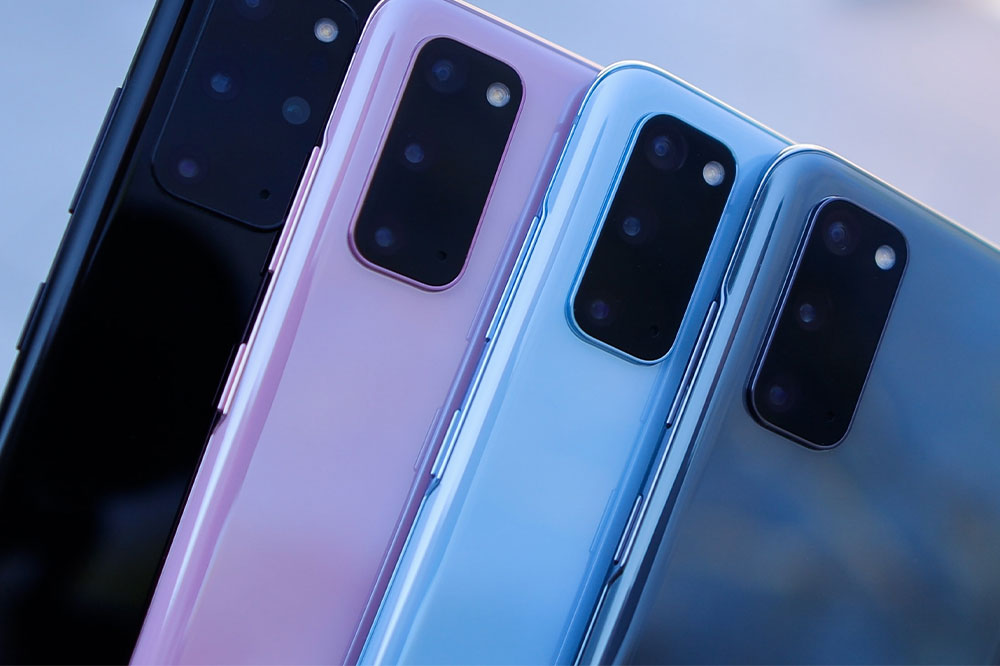
The best 5G Android smartphones worth your money
2020 seems to be the year for 5G and 5G enabled phones. Many carriers have already rolled out 5G services in a wide range of cities, with more regions expected to get 5G coverage as time progresses. Smartphones are also being made keeping this next-generation technology in mind, adding 5G capabilities to their already-powerful functionality.
With the market full of smartphones that offer the best features, it can be overwhelming and you may buy a handset that neither suits your requirement nor is worth the cash. To help you make the right choice, here is a comprehensive list of the best android smartphones that are 5G enabled in the market.
- Samsung Galaxy S20 series
Available in three models: S20, S20 Plus, and S20 Ultra, the S20 series is replete with tons of impressive features. Unlike the S10, where only some models had 5G-compatibility, all S20 series devices are 5G-enabled and a notch above other Samsung smartphones. The lowest S20 model lacks mmWave 5G support, while the S20 Plus and Ultra are capable of connecting with both mmWave and sub-6GHz bands.
S20’s camera features 8k video recording, the ability to provide 33MP still photos with 8K videos, and ultra-high-resolution cameras.
- OnePlus 7T Pro 5G McLaren
Touted as the best android smartphone of 2019, this OnePlus product boasts sub-6GHz 5G connectivity but lacks mmWave support. Therefore, speed isn’t one of its best attributes and instead delivers good range and penetration.
The model itself is stylish and features a Qualcomm Snapdragon 855 Plus processor, 12GB of RAM, an extremely responsive 90Hz Quad HD+ OLED screen, and UFS 3.0 256GB internal storage. Being a product of OnePlus, the 7T McLaren excels in terms of its camera quality and delivers stunning macro shots.
- LG V60 ThingQ 5G
Priced at around $900, which is considerably lower to its competitors, the V60 ThinQ is 5G-enabled and is powered by a Qualcomm Snapdragon 865. Additionally, it has a high-resolution main camera (64MP) that supports 8K recording, ASMR and Voice Bokeh audio technology, advanced camera software, 6.8-inch OLED panel, 5,000mAh battery, 8GB of RAM, and 128GB of internal storage.
Also, the V60 is rated for IP68 dust and water-resistance, and can weather extreme physical conditions. As far as 5G is concerned, the V60 ThingQ supports sub-6GHz connectivity, with the mmWave band-limited to the Verizon model.
- Nokia 8.3 5G
The biggest advantage of Nokia 8.3 is the massive connectivity to multiple bands. It is arguably, the best android smartphone to support both mmWave and Sub-6GHz 5G. The handset is equipped with Qualcomm Snapdragon 765G modular platform, 4,500mAh battery, 6GB to 8GB of RAM, 64GB to 128GB of storage, quad rear camera setup, and 24MP selfie camera. It is priced at around $600.


